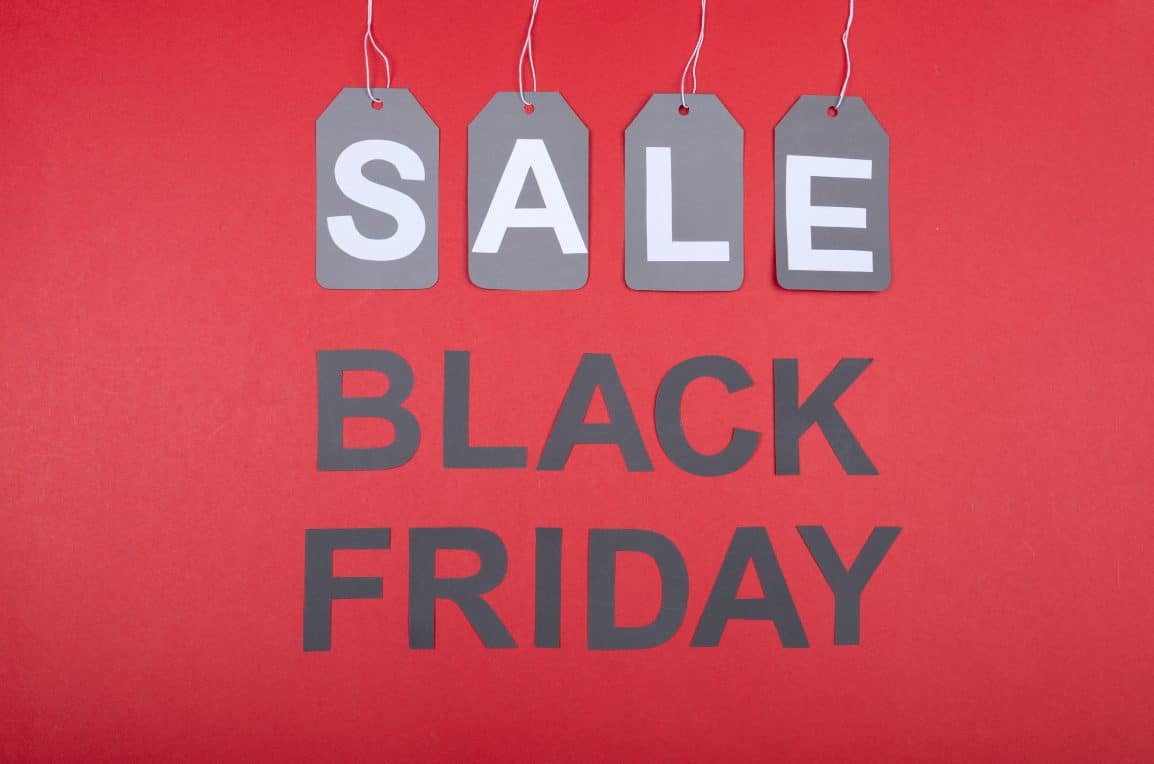Black Friday: that coveted day after Thanksgiving filled with shopping, price slashes, and long lines.
While some abhor this holiday of sorts, I love it. Black Friday holds a special place in my heart for its glamour and overall sense of holiday cheer. No matter your views on this shopping frenzy, I think we collectively agree it’s a bit of a strange holiday. Let’s trace these stunning sales back to their origins to make some sense of this wacky tradition.
Where did the name come from?
The term “Black Friday” has its roots in the stock market crash of September 1869. The cause of the swaths of Americans going bankrupt. Many years later, Philadelphia police adopted the term to describe the horrid traffic that overtook their city prior to the Army-Navy football game. This traffic increased by customers rushing into the city at the start of the holiday retail season, hence the term now being associated with shopping. To add to this negative connotation, business owners used the phrase to describe how many of their employees would call in sick the Friday after Thanksgiving.
How did Black Friday come to be viewed in a positive light?
Recognizing that the day after Thanksgiving was one of their most profitable days of the year, retailers disliked the negative connotation of the name “Black Friday.” They first tried to replace the name with “Big Friday” to amplify the family fun of shopping. However, the name Black Friday persisted, and it came to be associated with the humongous profit many businesses turned up on this holiday. When a company’s annual profit marking is black, it signifies that a profit has been made.
How are stores able to make prices so low?
A number of different strategies are used by stores to lower their prices and make them more attractive to buyers. One of the biggest gimmicks used is marking up prices of goods prior to Black Friday. This makes the sale seem like a steeper drop than it actually is, and it makes customers wonder how a business can make a profit off of such a low price. However, by increasing the margin between production cost and sales price, companies are still able to glean quite a large profit even when the price tag is significantly slashed.
How does Black Friday represent American consumerism?
Well, I suppose it’s a bit obvious, but consumerism is the force driving Black Friday. And while the holiday definitely has its positives, it also represents America’s growing infatuation with material goods. The sales have spread out over multiple days, enticing more and more people to spend increasing amounts of money.
In fact, President Franklin D. Roosevelt moved Thanksgiving to the fourth Thursday of November as opposed to the last Thursday of November in 1939. Therefore lengthening the shopping season. Furthermore, there have been multiple injuries and deaths resulting from shoppers stampeding into stores and competing over door-busters. This really makes you stop and consider just how far people are willing to go to satisfy their material desires.
What effects has Black Friday had on other retail platforms?
As Black Friday has grown over the years, its practices have spread to new days and new platforms. For instance, the Saturday after Thanksgiving is Small Business Saturday. This day encourages people to shop at local stores and restaurants. Additionally, Cyber Monday has become a holiday commonly associated with Black Friday. This Monday after Thanksgiving features online stores slashing prices just like stores do on Black Friday. From department stores to small businesses to online shops, Black Friday has encouraged growth within all types of retail platforms.
I hope you’ve come away from this article knowing a little bit more about that frenzied day dubbed “Black Friday.” While the holiday’s popularity reflects Americans’ growing obsession with material goods, it also has spurred growth within local businesses and communities. I encourage you to support not just the big, name-brand department stores this Thanksgiving week, but also small shops both online and in person. It’s the perfect way to kick off the holiday season!

